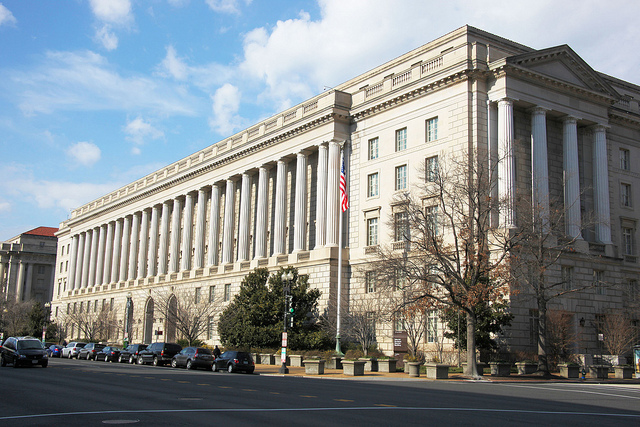
The Internal Revenue Service actively avoids scrutiny of its activities by exempting its rulemaking from Congressional and administrative oversight and procedures. Based on an agency interpretation of federal law, the IRS has decided that it is allowed to publish regulations without an analysis of the economic impact of such rules.
As noted in a recent study by the Cause of Action Institute, the IRS has avoided scrutiny through creative interpretation of oversight laws. Federal agencies are typically required to follow a set of rules to ensure that their rulemaking wisely utilizes taxpayer resources. These oversight devices attempt to minimize bureaucratic abuse by requiring agencies to disclose the economic impact of their regulations to Congress and the American people.
The IRS first started claiming that its regulations have no economic impact in response to the 1980 Regulatory Flexibility Act (RFA), which was designed to mitigate the compliance costs of federal regulations on small businesses. The RFA states that if a proposed regulation could have a large economic impact on small businesses, the agency must consider alternatives that would leave small businesses unharmed.
The RFA also contains a Congressional amendment specifically designed to cover IRS regulations, but the IRS has shirked its duty to comply with the RFA since Congress passed the law. The IRS has broadened its self-exemption from economic impacts to all impacts, including record-keeping and other reporting burdens. That means that IRS regulations can impact small businesses while completely evading oversight from Congress or the White House.
In the Internal Revenue Manual, a document the IRS uses to guide its compliance with oversight mechanisms, the agency bizarrely claims that its rules have no economic impact. This reading allows the IRS to avoid sharing information with Congress, the executive branch, and the American people. The IRS has never offered an adequate justification for this self-exemption.
The IRS rule exemption affects the American people in two ways. First, it allows the IRS to avoid sharing information between federal agencies, Congress, and the White House. Second, it allows the IRS to avoid disclosing the economic impact of its policies to the public.
This exemption dates back to an agreement between the Office of Management and Budget (OMB) and the IRS from 1983, wherein the OMB exempted the IRS from review. Until recently, the memorandum documenting this agreement was secret. A 1993 executive order (E.O. 12866) from President Clinton maintained the IRS’s exemption from OMB review.
A recent study from the Government Accountability Office (GAO) confirmed that this agreement has not been revisited in over 25 years. The GAO reports that the Obama administration did not alter the terms of the deal between the IRS and the OMB when reaffirming Clinton’s executive order in 2011. There is no evidence that the current administration has revisited the secret deal.
Senators Johnson and Lankford have recently sent letters to the White House Office of Information and Regulatory Affairs asking the office to investigate the IRS’s self-exemption.
If every agency conducted itself like the IRS, it would effectively nullify the Administrative Procedure Act’s notice and comment requirements for new regulations. No government agency should be above the law. It is past time for the White House to demand that all IRS regulations be checked with the Office of Information and Regulatory Affairs. The career bureaucrats in the IRS simply cannot be trusted to protect small businesses from onerous regulations.

